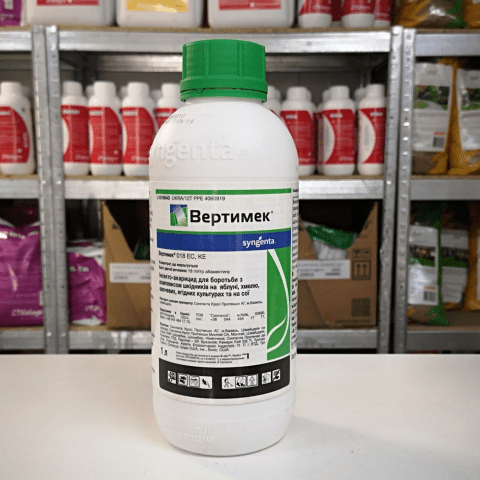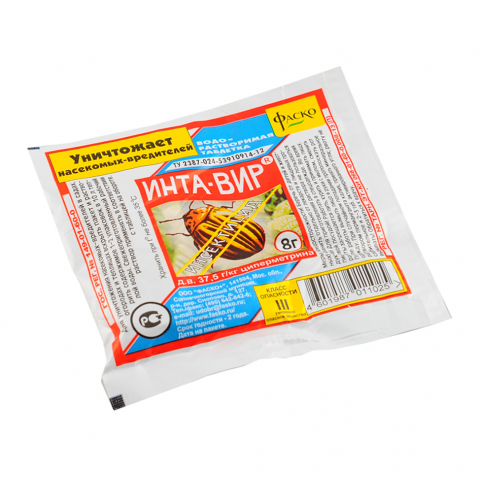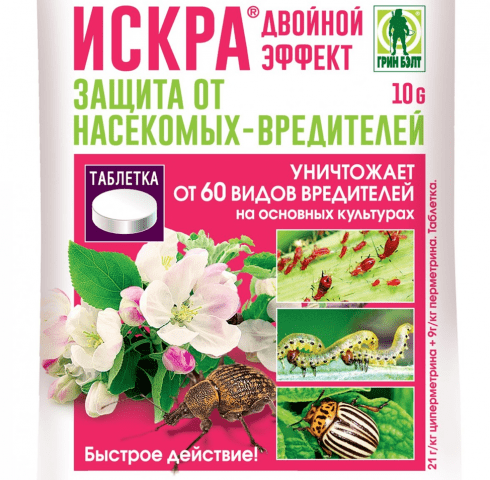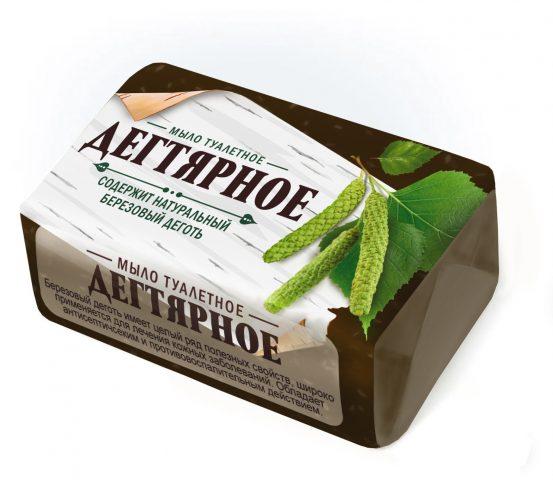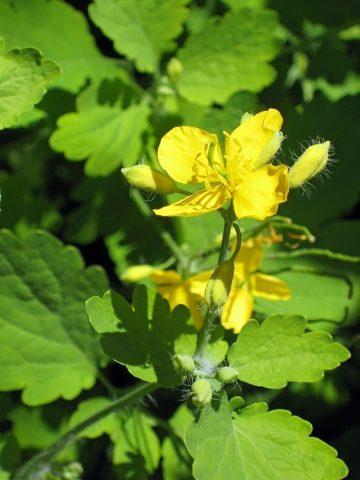Content
Thrips on gladioli are a fairly common occurrence when the rules for growing flowers and caring for them do not comply. In this case, the lack of timely measures to combat the pest can lead to its mass reproduction and death of planting material. Therefore, every gardener should be able to recognize a lesion at the initial stage, which will allow the problem to be quickly eliminated.
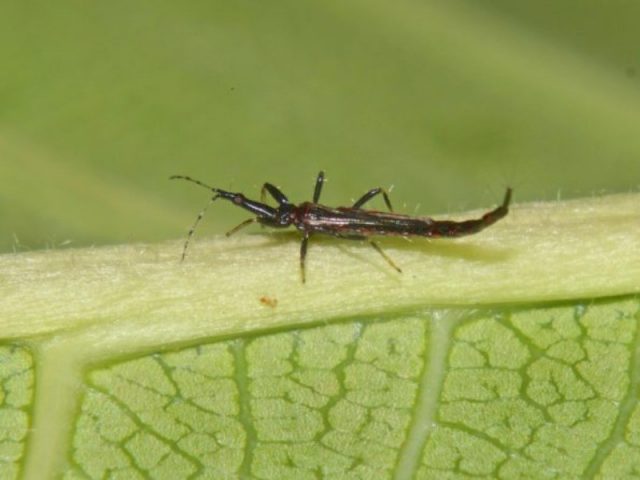
For gladioli, the danger is posed by bulbous and heterovorous (common) types of thrips
What do thrips look like?
This is a small flying pest of the order Fringed Ptera. It has an oblong body, 1-3 mm long. Moreover, females are larger than males. The insect has three pairs of legs, equipped at the ends with teeth and suckers, which allows the insect to be held on the back of leaves and petals.
The pest has a sucking type of mouthparts, which allows it to pierce plant tissues and suck out the juice from them. The color of the insect can be black or brown, depending on its species. Adult thrips can fly short distances. Their wings are narrow, covered with ciliary fringe.
The pest of gladioli, thrips (Thysanoptera), is characterized by increased fertility.During a season, under favorable conditions, up to nine generations of the insect appear.
Why are thrips dangerous for gladioli?
The danger of this pest is that it is not immediately possible to detect its appearance on gladioli due to its secretive lifestyle. And only with mass reproduction can characteristic signs of insect activity be detected.
If gladioli are damaged by thrips, you can see light spots on the leaves at the places where the tissues are punctured, which disrupts the metabolic processes in the plates and negatively affects the development of the entire plant.
Subsequently, the pest moves to the buds of gladioli, penetrating inside them. As a result, the flowers become deformed and dry out prematurely. When the temperature drops to +10 °C, adult individuals and larvae of the pest descend along the stem into the upper layer of soil and penetrate under the scales of the bulb. This leads to drying out of the planting material during storage.
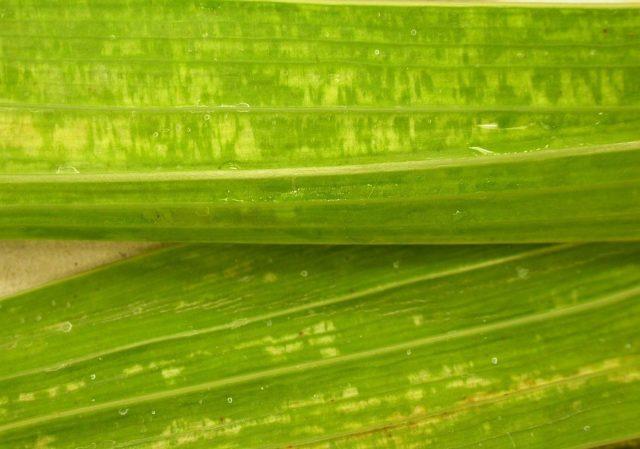
When affected, sugary discharge appears on the leaves and flowers.
How to deal with thrips on gladioli
It is necessary to start fighting thrips on gladioli immediately when warning signs are detected. To do this, you can use chemicals and folk remedies. However, it is worth considering that the earlier the pest is detected, the easier it is to deal with it. Therefore, it is necessary to periodically inspect the leaves and flowers of the perennial in order to promptly detect damage.
Drugs
If a pest is detected on gladioli, you must first create unfavorable conditions for its further reproduction. Initially, it is necessary to ensure uniform watering of plants and row spacing, since thrips prefers a low level of humidity. Then it is necessary to identify severely affected specimens of gladioli, cut them off and burn them. This measure will prevent pests from moving down the stem to the bulbs.
In the future, you need to treat the plantings with chemicals, according to the instructions.
The most effective means to combat thrips on gladioli:
- Vertimek;
Vertimek begins to act two hours after treatment
- Aktellik;
Actellik has not only a contact-intestinal effect, but also a fumigation effect
- Inta-vir;
Inta-vir is effective against 52 types of pests
- Spark.
The duration of the protective effect of Iskra is three weeks.
If affected, gladioli should be sprayed against thrips at least three times every 5-7 days. This is necessary to destroy not only adults and larvae, but also young pests, since the toxic component is unable to penetrate the protective shell of the eggs. When repeating treatments, it is recommended to alternate medications to avoid the pest becoming accustomed to the action of the toxin.
Folk remedies
At the initial stage of damage to gladioli by thrips, you can use folk remedies. However, it is worth considering that they cannot eliminate the problem with a large number of insects.
Effective folk remedies:
- Ammonia. The smell of this component repels pests. If gladioli are damaged, you need to dilute ammonia with water in a ratio of 1:20. Use the resulting solution to evenly moisten the leaves from a spray bottle on both sides.
It is recommended to repeat the procedure with ammonia every ten days
- Tar soap. To kill thrips on gladioli, you need to rub 100 g of the product and pour 1.5 liters of hot water into it. Stir the resulting mixture until a homogeneous composition is obtained. Before treating leaves and flowers, the product must be diluted with water 1 to 2.
It is recommended to spray gladioli with a solution of tar soap every week.
- Tobacco dust. To combat thrips, you need to pour 100 g of the component into 1 liter of water and simmer over low heat for half an hour. After this, the mixture must be left for a day in an airtight container.
Before processing, the solution of tobacco dust must be filtered and diluted with water in a ratio of 1:2
- Garlic. This spicy vegetable also helps fight thrips on gladioli. It is necessary to chop ten cloves of garlic until a paste forms, and then pour 2 liters of warm water into it, stir and leave for a day. Before use, the product must be strained.
It is recommended to use garlic tincture every ten days to evenly spray the leaves.
- Chamomile flowers. To combat the pest, it is necessary to use a medicinal type of crop. To prepare an effective remedy, you need to pour 100 g of dried chamomile flowers into 1 liter of hot water and leave for 24 hours. After time, strain the mixture and add 50 ml of green soap, mix thoroughly.
Gladioli should be sprayed with chamomile infusion every week.
- Celandine. The flowers of this plant help in the fight against thrips.To do this, you need to pour 400 g of fresh raw materials or 100 g of dried collection with 1 liter of hot water. Stir the resulting mixture and leave for a day under a closed lid. Before use, strain the product and dilute it with water 1 to 2.
Gladioli should be sprayed with celandine every week, as the product is washed off with water.
How to treat gladioli bulbs against thrips
In order for gladioli to delight with lush flowering every year and for many years, it is necessary to take care of protecting their bulbs from thrips. Moreover, treatment is important not only before planting, but also when storing planting material. Therefore, it is worth familiarizing yourself with what to do in both cases.
Before boarding
Before planting the bulbs in a permanent place, it is necessary to soak them in water, the temperature of which should be 50 ° C. The duration of the procedure is five minutes. After this, the bulbs need to be thoroughly dried. When using this method, it is extremely important to maintain temperature conditions. Otherwise, gladioli bulbs may be damaged by thrips during heat treatment.
You can also protect planting material using the drug Prestige. To do this, it is recommended to prepare a solution in the proportion of 6 ml of product per 500 ml of water. Sprinkle the resulting mixture evenly over the bulbs, then dry them and plant them immediately.
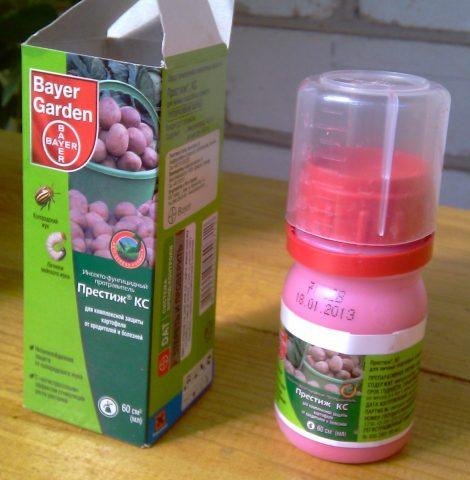
The use of Prestige for the treatment of bulbs allows not only to protect them from a complex of pests, but also increases the viability of gladioli
Before storage
To prevent thrips from appearing on tubers during storage, as shown in the photo, it is necessary to carry out treatment before planting them.To do this, it is recommended to initially carefully inspect the planting material and immediately reject all suspicious damaged specimens. They must subsequently be destroyed.
Then it is recommended to prepare a working solution of Karbofos. To do this, you need to dilute 20 g of the drug in 5 liters of water and mix thoroughly. In the resulting product, you need to soak the gladioli planting material for half an hour, then rinse with clean water and dry. It is recommended to store perennial bulbs in the refrigerator or basement at a temperature of +4-6 °C and a humidity of about 50%.

Affected bulbs gradually dry out
Preventive measures
To minimize the likelihood of gladioli being damaged by thrips, it is necessary to follow simple prevention rules. However, it is worth understanding that they must be performed constantly. Only in this case will they be effective.
Important! You can plant gladioli in the same place no earlier than three years later.
Basic preventive measures:
- remove and burn plant residues in a timely manner;
- avoid thickening of plantings;
- carry out deep digging of the site in the fall;
- loosen the soil in a timely manner after watering and do weeding regularly;
- spray perennials with preparations several times during the season;
- water the soil with insecticides before planting.

Proper crop rotation is important for successful flower growing.
Conclusion
Thrips on gladioli can appear at any time. Therefore, every alarming sign should prompt a thorough inspection of the plant for pests. And even if the lesion is not confirmed, it is recommended to carry out preventive treatment of all plantings on the site.Only after this can you be sure that the plants are protected for a certain time and will be able to fully develop.
